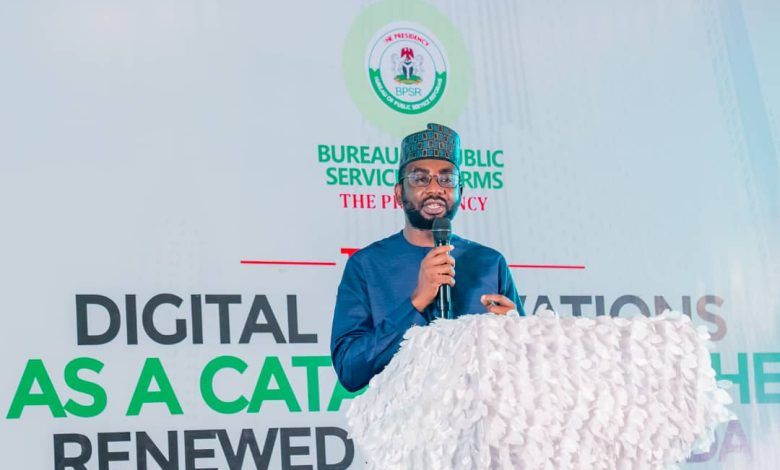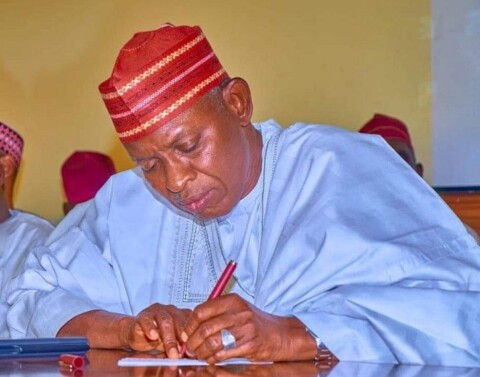The National Information Technology Development Agency (NITDA) and the Federal Ministry of Education (FME) have formed a partnership to strengthen the digital literacy curriculum in Nigeria. This collaboration marks a significant step towards equipping Nigerian students with the skills needed to succeed in an increasingly digital world.
The partnership is part of a national plan to prepare Nigerian students for the fast-changing digital economy. NITDA’s Director General, Kashifu Inuwa, stressed the importance of this collaboration during an interview at the 68th National Council on Education meeting. He explained that the Ministry of Communications, Innovations, and Digital Economy is responsible for improving digital literacy across Nigeria.
Inuwa explained that achieving this mandate is only possible through close cooperation with the Ministry of Education. He pointed out that both entities are focused on improving Nigeria’s digital landscape and are united by a shared vision of driving sustainable digital transformation through collaboration and partnerships.
While technology is essential for improving lives, Inuwa stressed that it is people who ultimately enhance technology. He pointed out the critical role of skills and talent in driving digital transformation. He mentioned that it is essential to develop a workforce that not only consumes technology but also contributes to the creation and effective use of digital tools and innovations.
The new digital literacy curriculum aligns with NITDA’s Strategic Roadmap and Action Plan (SRAP 2.0), which includes a Digital Literacy Pillar aimed at achieving 70% digital literacy by 2025 and 95% by 2030. To meet these targets, NITDA has introduced the Digital Literacy Framework (DLF), which integrates digital literacy into Nigeria’s formal education system. This framework is designed to equip students with the skills they need to thrive in the 21st-century workforce.
Inuwa assured that the digital literacy curriculum would soon be reviewed and approved, marking a key milestone in Nigeria’s journey toward becoming a digitally literate nation. By incorporating this curriculum into the formal education system, Nigeria aims to nurture a generation of tech-savvy individuals who can contribute to the country’s digital economy and use technology to drive national development.
In addition to curriculum development, NITDA is also focused on scaling up training programs for Nigerian citizens to enhance their digital fluency. This effort aims to ensure that the population can effectively use digital tools and services. The Federal Government’s clear goal is to create a workforce capable of contributing to and developing Nigeria’s digital economy.
Inuwa also emphasized the importance of human capital development in positioning Nigeria as a global leader in the digital economy. He explained that by prioritizing digital literacy and skill-building, Nigeria can harness its human resources to unlock the full potential of the country’s digital sector.
To achieve these ambitious goals, NITDA and the Ministry of Communications, Innovations, and Digital Economy are working closely with various stakeholders, including educational institutions, private sector companies, and international partners. These collaborations create opportunities for knowledge sharing, capacity building, and market access, all of which enrich Nigeria’s digital ecosystem.
Inuwa’s belief that “technology makes our lives better, but people also make technology better” highlights the need for a comprehensive approach to digital transformation. By investing in skill development, Nigeria can ensure that its citizens are not just users of technology but also innovators who can develop solutions to address local challenges.
As Nigeria embarks on this digital journey, the alignment of NITDA’s initiatives with the goals of the Ministry of Communications, Innovations, and Digital Economy will be crucial to driving the country’s digital literacy forward.




